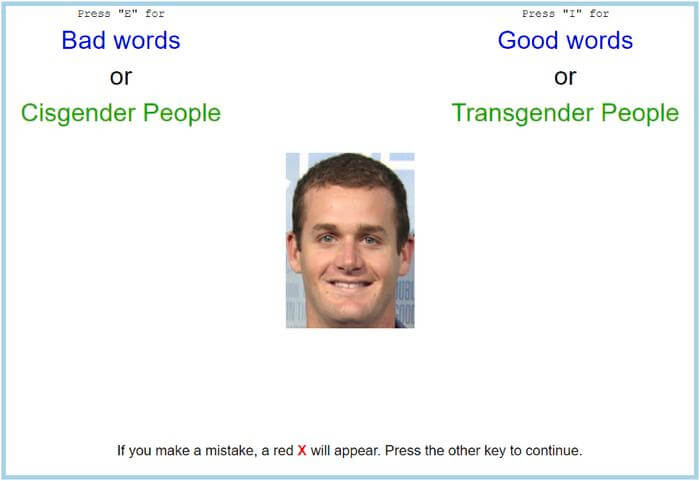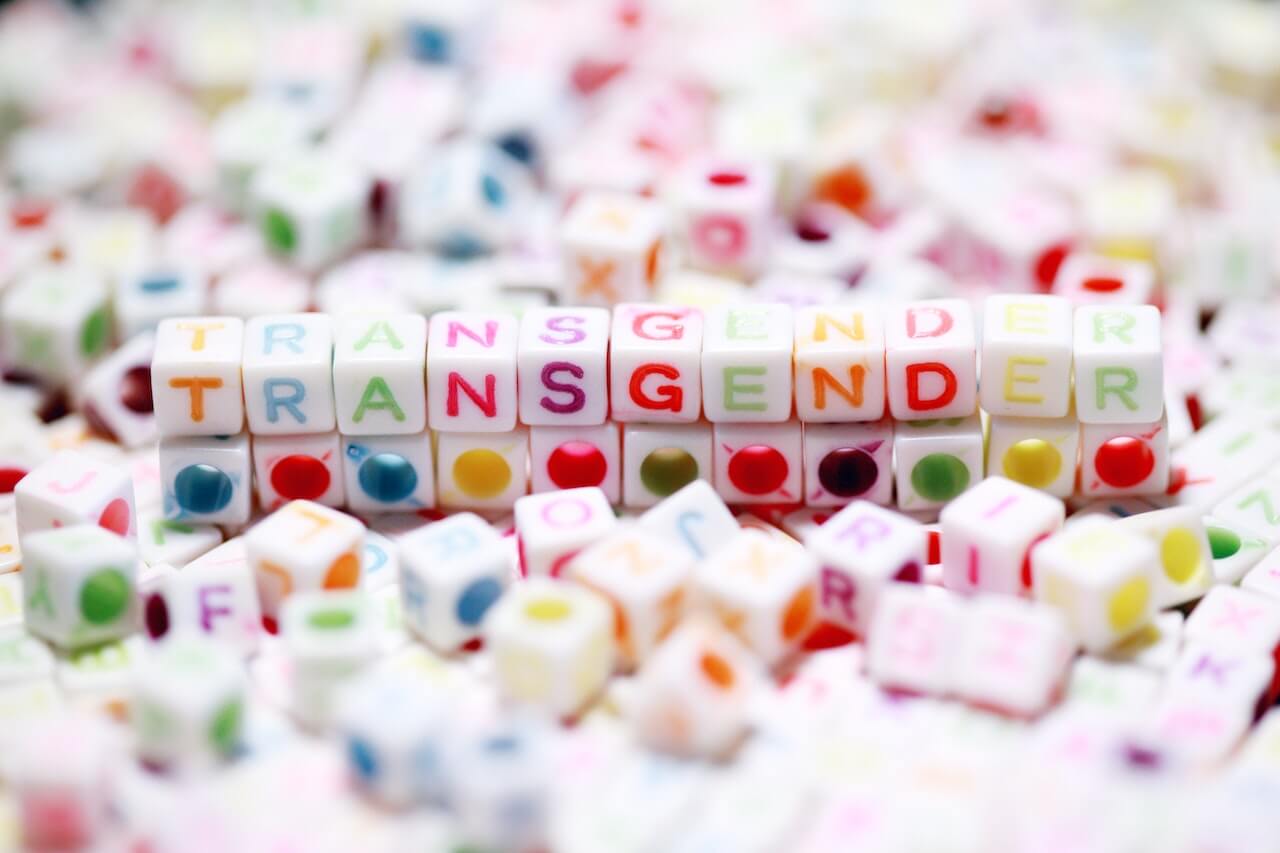EXETER, United Kingdom — Healthcare professionals tend to exhibit biases towards transgender individuals, new research claims. Researchers in the United Kingdom have discovered that medical professionals are less likely to establish personal relationships with transgender people, with nurses in particular tending to conflate sex and gender identity.
The study found that nurses were significantly more likely to agree with statements such as, “I believe a person can never change their gender,” or “I think there is something inherently wrong with a person who does not identify as either a man or a woman,” compared to the general population and other healthcare staff.
The research, which involved nurses, doctors, and the general public, utilized a test designed by Harvard University where participants were shown images of well-known transgender and cisgender individuals. This included comparisons between cisgender women like model Naomi Campbell and actress Meryl Streep, and transgender women such as actress Laverne Cox and TV personality Caitlyn Jenner.
Researchers from the University of Exeter and Coventry University analyzed the implicit and explicit reactions of the participants. Harvard University’s examination encompassed tens of thousands of healthcare professionals and members of the public, probing their implicit biases, which reflect the beliefs they might be reluctant to express openly.
The results indicated that, on average, nursing professionals displayed “slight” biases, whereas the general population showed little to no prejudice.

The research also assessed explicit biases, revealing that while healthcare professionals were more likely to have met a transgender person, they were less likely to have a transgender friend or family member.
“Our finding that nurses have higher levels of implicit bias towards transgender people may be related to a tendency to conflate sex and gender identity, as shown by higher levels of agreement with transphobic statements that conflate these two distinct concepts,” study authors Daniel Derbyshire from the University of Exeter and Tamsin Keay of Coventry University write in a media release.
“This suggests that healthcare professionals’ (both nurses and non-nurses) experience of interacting with transgender people may be largely confined to a work context.”
The Implicit Association Test, a recognized method for evaluating biases, was employed to measure participants’ subconscious associations. Participants categorized people with either “positive” terms like “nice” and “laughter” or ‘negative’ terms such as “nasty” and “rotten,” yielding a “D-Score” that indicated their implicit biases.
Explicit biases were measured through a questionnaire. D-Scores range from -2 to +2, with higher scores reflecting stronger negative biases against the transgender community. Scores above +0.15 are considered “slightly biased,” above +0.36 as “moderately biased,” and +0.65 or higher as “strongly biased.”
Non-healthcare workers had an average score of +0.116, indicating minimal bias. Non-nursing healthcare professionals scored +0.149, just within the ‘slightly biased’ category. Nurses had an even higher score of +0.176, also categorized as “slightly biased.”

The analysis included 11,996 nurses and 22,443 non-nursing healthcare professionals, gathered between 2020 and 2022, and these were compared to 177,810 responses from individuals not in the healthcare field. The study was published in the journal Heliyon, with the caveat that the participants were self-selected from those who visited the Project Implicit website and chose to take the test.
“As such, the sample may be subject to sample selection bias in terms of the demographics and Implicit Association Test (IAT) results of participants,” the authors conclude.
“However, it may be anticipated that people with particularly negative attitudes towards transgender people would avoid taking the Transgender IAT and the results presented here may therefore under-represent the extent of implicit bias towards transgender people.”
The findings are published in the journal Heliyon.
You might also be interested in:
- Doctors give patients just 11 seconds to explain reason for visit before interrupting!
- Doctors treating transgender teens fear for their lives amid political divide, report reveals
- Trans teens turning to alcohol, smoking to cope with gender identity harassment
South West News Service writer Pol Allingham contributed to this report.

